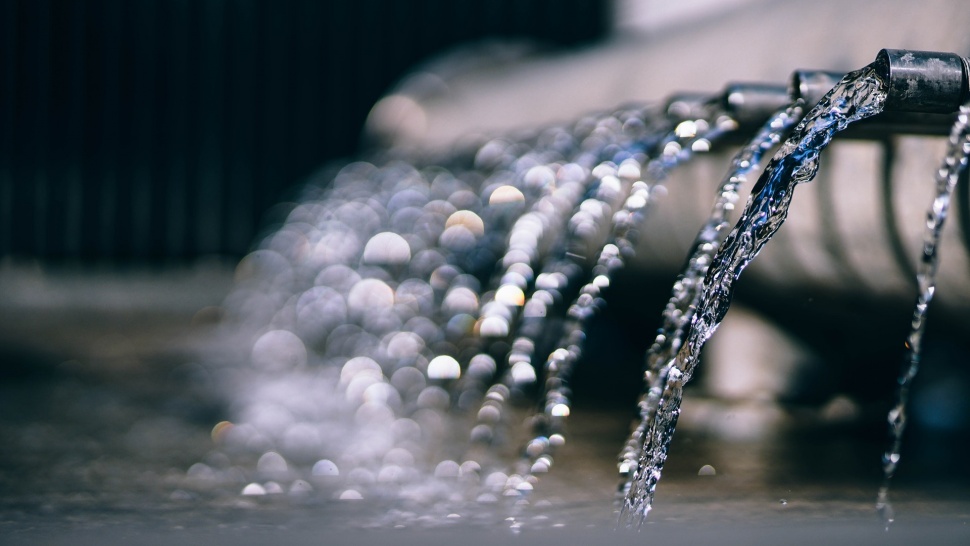Moreover, we also need fresh water in order to grow or create different food sources. Unfortunately, issues of climate change and the sharp increase in the world’s population has resulted in water scarcity, especially in urban centers. As a result, different communities across the world are turning to modern technologies to help them create or access more freshwater.
Averting the Water Crisis through Technology
Ideally, there are two major ways through which technology can help to alleviate the water crisis that is unfolding in most tropical and arid areas across the globe. One of them involves the use of technologies that make the water-intensive processes to be more efficient. For instance, such technologies can help in industrial manufacturing, agriculture and other large scale processes that are known to use huge amounts of freshwater, which often results in the contamination of such water.
The other option typically involved using some of the most advanced technologies to create freshwater. These may include filtering the saline ocean water, purifying toxic water and even pulling water from the thin air.
Pulling Water From Thin Air
There is now an entirely passive device that can collect water from the atmosphere with much ease; thanks to the advances in technology. The device can work even in desert environments that are known to have very low levels of humidity. Using the Metal-Organic Frameworks; which are crystalline compounds comprising of metal ions or coordinated clusters, scientists have been able to build box-shaped devices which use ambient heat and radical temperature changes in desert environments to effectively gather moisture from the air. This is then condensed and released using natural heating, cooling, and spikes in the levels of humidity.
Desalination of Sea Water
Converting seawater into clean and usable water has been the dream of mankind for decades as this would provide a reliable supply of clean water to a good percentage of the world’s population especially in dry countries. However, even though large scale desalination operations have already been implemented with varying degrees of success, most of the involved processes are extremely energy and cost-intensive and are not economically viable. Moreover, huge amounts of toxic wastes are normally produced in the process. For these reasons, there is a need to invest in new and radical breakthroughs that will ensure faster and more efficient filtration, steam distillation as well as reverse osmosis processes.
Use of Smart Grids
From huge agricultural projects to poorly monitored and maintained infrastructure, there are millions of gallons of clean water that are normally wasted because of inefficiencies in current systems. While this is not necessarily a technique for creating or sourcing freshwater, using smart grids as well as smart agricultural techniques can be of great help.
For instance, using technology such as the Internet of Things can help you to create very highly efficient and reliable data-driven systems that will significantly reduce water usage as well as wastage across some of the largest water users. The best thing about using smart grids is that they are able to pinpoint leaks much faster and make it easier for one to identify improper use of water especially during periods of rationing. They are also able to funnel the water that is meant for agricultural purposes in a more specific manner than ever before.
Final Verdict
According to research findings, just about 2.5% of the water in the entire world is freshwater and approximately half of that is actually frozen under the polar ice caps. While promising breakthroughs such as the use of Metal-Organic Frameworks or water recycling systems are intended to bring us closer to water sustainability, we are still being faced with a number of serious water issues. And this is even being worsened by the exponential growth in the world’s population as well as climate change which is leading the spread of hot and arid conditions across vast areas. There is, therefore, an urgent need to invest in some of the latest technologies that will bring us closer to achieving the ultimate water sustainability habits.




Share the News